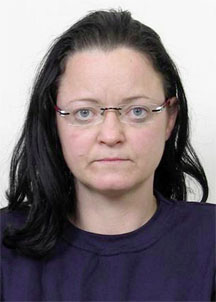MUNICH, Germany (Reuters) – The surviving member of a neo-Nazi cell blamed for a series of racist murders that scandalised Germany and shamed its authorities goes on trial tomorrow in one of the most anticipated court cases in recent German history.
The chance discovery of the gang, the National Socialist Underground (NSU), which had gone undetected for more than a decade, has forced Germany to acknowledge it has a more militant and dangerous neo-Nazi fringe than previously thought, and exposed staggering intelligence failings.
The trial in Munich will focus on 38-year-old Beate Zschaepe, who is charged with complicity in the murder of eight Turks, a Greek and a policewoman between 2000-2007, as well as two bombings in immigrant areas of Cologne, and 15 bank robberies.

“With its historical, social and political dimensions the NSU trial is one of the most significant of post-war German history,” lawyers for the family of the first victim, flower seller Enver Simsek, said in a statement.
The case has profoundly shaken a country that believed it had learned the lessons of its past, and has reopened an uncomfortable debate about whether Germany must do more to tackle the far-right and lingering racist attitudes.
Four others charged with assisting the NSU will sit with Zschaepe on the bench.
The existence of the gang only came to light in November 2011 when the two men believed to have founded the NSU with Zschaepe, Uwe Mundlos and Uwe Boehnhardt, committed suicide after a botched bank robbery and set their caravan ablaze in the eastern town of Eisenach.



